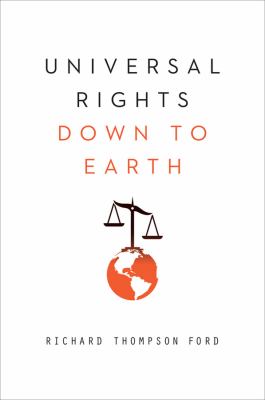
print
|
Universal rights down to earth
Copies
1 Total copies, 1 Copies are in,
0 Copies are out.
Language
English
Dimensions
22 cm.







